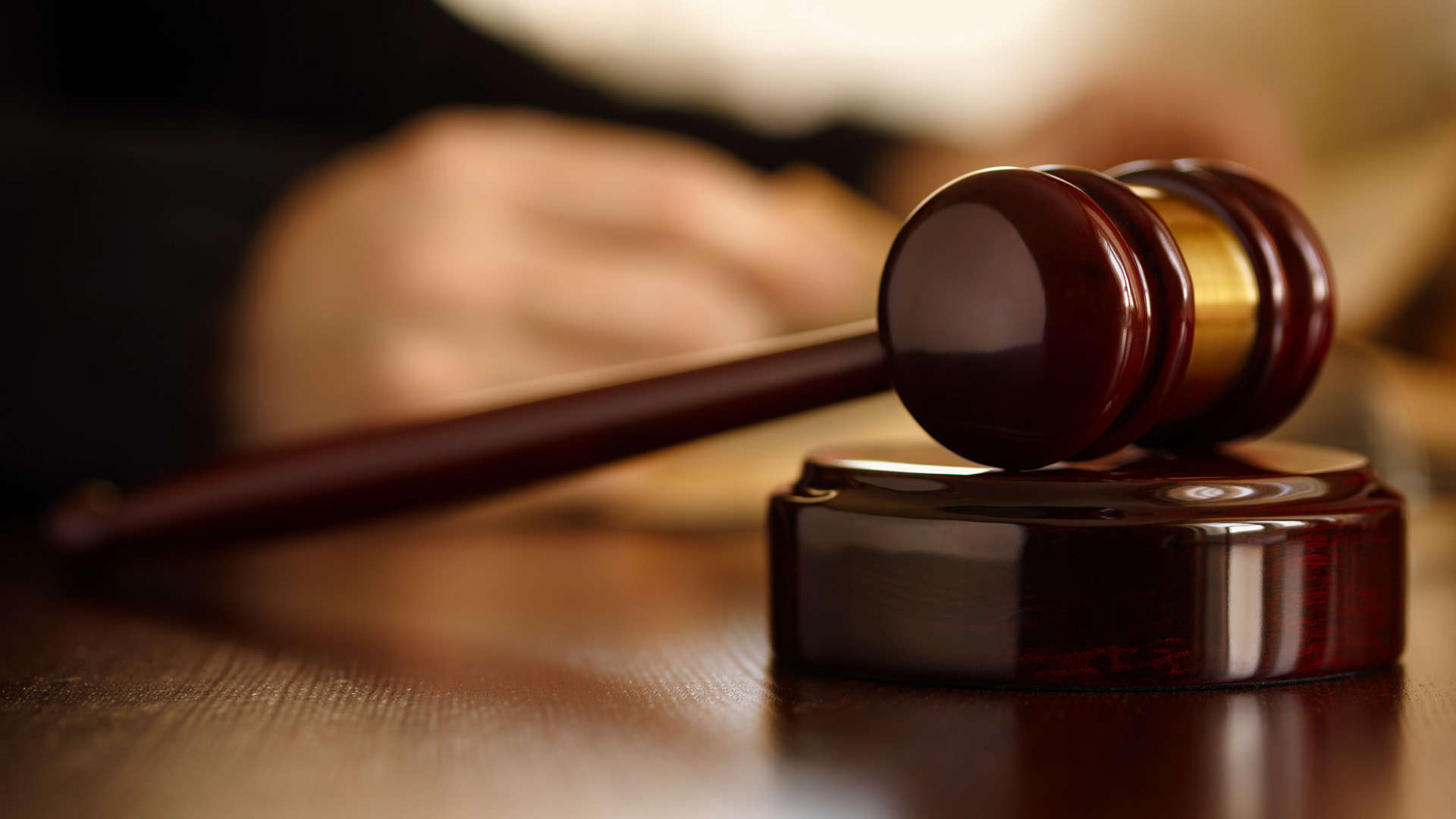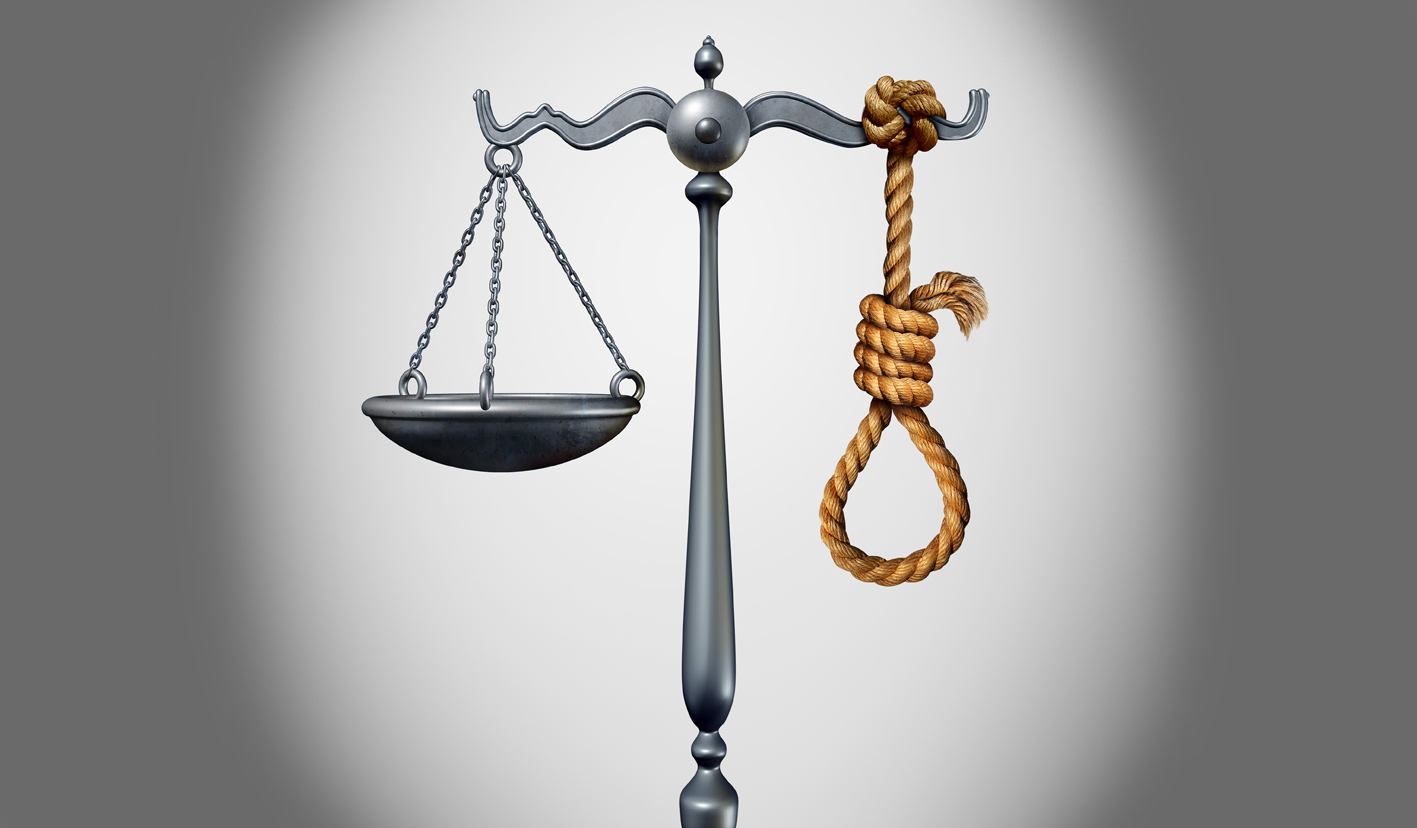IS OPACITY OF COLLEGIUM BECOMING A HURDLE FOR LGBTQ IN INDIA
Author(s): Brahm Sareen and Shivesh Saini
The judiciary is known to break the shackles of conservatism in society by clearing the air for a social change that sets a good precedent. However, it is important to note that the judiciary has itself become a victim of it. Recently, Saurabh Kirpal, a well-known advocate of the Delhi High court who is gay was yet again deferred from his appointment as a judge for the 4th time, since 2017 when the Delhi High court unanimously recommended him for elevation as a judge. In April 2019, the Intelligence Bureau (Hereinafter referred to as IB) was provided with the task to find out the background of the lawyer which was further passed on to the collegium. The collegium later stated that Kirpal was deferred as his partner is a foreign national and not on the grounds of his sexuality. However, Kirpal has contended that there have been cases where the judges are appointed even after having a foreign national spouse.
Justice Ravi. S. Dhawan who was appointed as the chief justice of Patna High court also had a foreign national spouse, where his wife was a citizen of the US. In this regard, CJI Bobde wrote to the Union law minister to clear the air on this matter. Since October 2017 when Kirpal was recommended by the High court of Delhi, the centre seems reluctant to appoint him as a judge. But wonder why CJI Bobde wrote to the Union law minister if the Memorandum of procedure (Hereinafter stated as MoP) states that all the information is at last sent to the CJI for his opinion after conducting a meeting with the collegium. This indicates a clear delusion of the blame on the centre as the final decision rests with the collegium, provided that the MoP is followed and all the material is passed on to the collegium by the centre. However, the MoP clearly states that the information passed by the centre along with the reports is also not binding on the collegium in nature.
In a notable judgment pronounced by the Supreme Court on 20th April, in the case of PLR projects Pvt. Ltd. Vs Mahanadi coalfields Limited, SC set forth the timeline in the procedure of appointment of judges to higher judiciary and at the same time emphasized that the centre shall send the proposal if collegium reiterates it to within 3-4 weeks. It is important to note that still, nature shall remain non-binding. The inconsistency of the centre and the collegium of the Supreme Court in dealing with the appointment of Kirpal are quite evident and cannot be overlooked. But the question that arises here is whether this delay is a cause of deep-rooted homophobia of centre and collegium or the unaccountable candidature of the collegium. Both ways, the dark side of this collegium system comes under the light.
The scenario in the US
The transparencies in the US judicial system of appointment of judges was once advocated by Senior advocate Indira Jaisingh wherein she emphasized the effect of the majoritarian regime on the Indian judiciary. She stated that” The US system of appointment of judges at least has the merit of transparency. They are questioned on their ideology on the great issues of our times, the right to abortion, the wall of separation between religion and state and the rights of the LGBT community”. According to her, this is one of the main reasons why the US judiciary is more transparent in terms of the appointment of judges. It should be noted that, unlike India, the US follows the system of judicial appointments which is based on the notion of cooperativeness between both judiciary and the legislature. Judges are subjected to the nomination by the president and then ratification by the senate through a simple majority. This transparent course helps to accommodate diversity in the judiciary as more people are involved in the decision-making process. The first step towards accommodating diversity was taken under the administration of George w. Bush with the appointment of the first gay judge Rives Kistler in the Oregon Supreme Court in 2003 who retired on 31st December 2018.
This practice was further continued under the Obama administration with the appointment of Paul Oetken as district judge for the southern district of New York. Along with this, Alison Nathan and Pamela ki main Chen were appointed as district judges in the same city of New York. Such nominations reformed the US judiciary, though it is erroneous to believe that homophobia doesn’t exist in the US judicial system. In September 2016, Alabama chief justice Roy Moore transgressed his powers when he instructed lower courts to stop issuing a marriage license for same-sex marriage. His instruction not only disregards federal court order along with the US Supreme court judgment of 2015 on marriage equality but also goes against the US constitution. As a result, he was removed from his office for his insolence in federal court.
Such instances show that though homophobia does exist in the US judiciary, successful attempts of previous administrations to enlarge diversity led to the increased representation of various sections of society. Such a diverse community of jurists would make way for accommodation of different viewpoints in different matters of national importance which would prevent gender and sexual prejudice in the justice delivery system. The effort to accommodate diversity at large is evident from various judicial pronouncements. The US Supreme court in its judgment of Bostok v. Clayton Country pronounced that the words “discrimination on the basis of sex“ of the Civil rights act, 1964 will also include the sexual orientation of an individual within its meaning.
The judgment specifically noted the discrimination in employment based on sex. Though title VII of the Civil Rights act, 1964 specifically interdicts discrimination in employment based on religion, race, colour, sex, and national origin, it did not include the terms like sexual orientation or transgender. Thus, the court decided to fill this gap by observing that terms like sexual orientation and transgender are inextricably intertwined.
The relevance of this judgment has yet again become notable after Kirpal’s fourth deferral. Not only the parallels between the case of Bostok and Kirpal are strikingly similar but also the stand of the US Supreme court and Indian Supreme court is ironically dissimilar. In Bostok’s case, he was fired for his sexual orientation whereas, in Kirpal’s case, he was deferred from elevation. But on the other hand, the US Supreme court made a way through for recognition of the rights of the LBTQ community, and in India collegium is still beating around the bushes. It is high time for collegium to break the shackles of the centre’s inevitable intrusion and to overcome its arbitrary and unaccountable nature.
Way ahead
The predicament of arbitrariness and opacity of collegium can be understood by analyzing the statement of Justice J Chelmeswar, who himself was a member of the collegium, yet he chose to express his dissent against its opaqueness as according to him many members of collegium gang up to ignore the genuine objections of candidates. If collegium decides to continue its unaccountability in Kirpal’s case too then it would be a huge setback in condor of the judicial system in India. The collegium needs to conform to the norms of transparency to augment its reliability in the public domain. This case can be an opportunity for the collegium to overcome its arbitrariness and to change its course towards transparency. This unaccountability, arbitrariness, and enigmatic behaviour of collegium have led to the continuous weakening of the public’s trust in the judiciary. The paradox is that the judiciary which is entitled to protect an individual’s right to information is itself a victim of the domination of few judges who are not even accountable to their fellow judges. Not to mention how Ranjan Gogoi discontinued the practice of uploading resolutions and recommendations of the collegium on SC’s official website. Such anonymity should come to an end and collegium should ensure that their orders should be well reasoned and should conform to the doctrine of natural justice.


